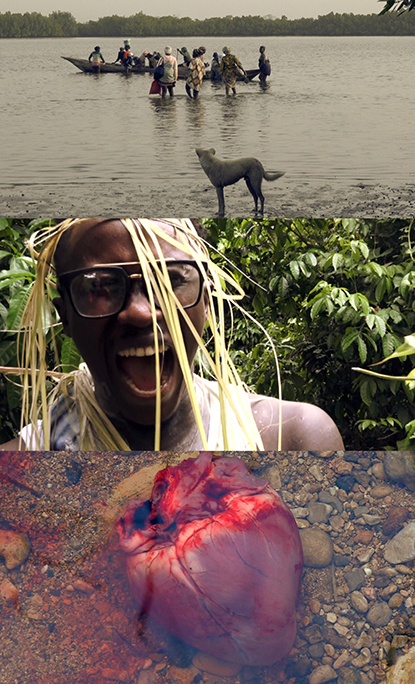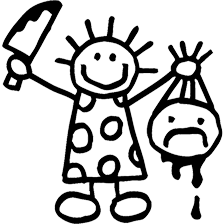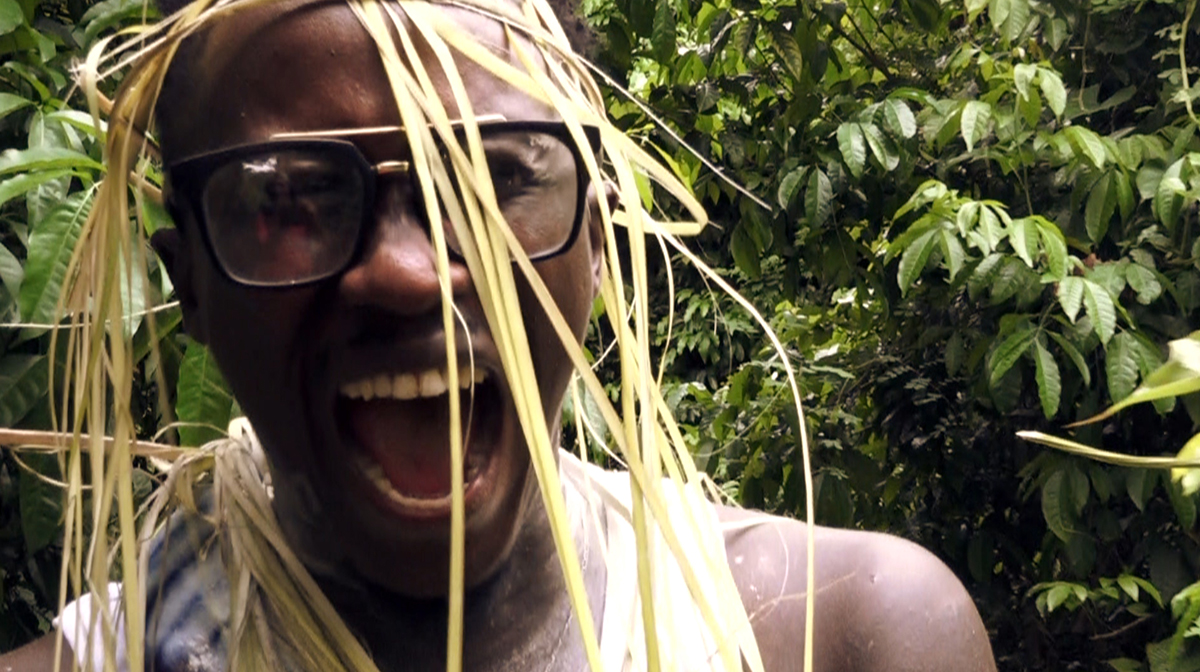Session 4
LLUÍS ESCARTÍN
Screening + discussion
Barcelona, 1966. His biography could be measured by the miles he’s covered with his camera recording his experiences, and his highly poetic and personal view of the world.
His work moves between the experimental and the documentary, while at the same time transgressing the established canons for each of those genres. He creates compositions with no apparent pattern, but with an almost painful sensitivity and honesty; subjective and precise films that suggest and evoke rather than explain or lecture. Providing only the most minimal of clues to place viewers in a particular context, they require active spectators who are prepared to accept an intellectual and sensorial challenge, and will allow themselves to be taken to remote places and cultures with the same lack of prejudice shown by their author.
Carles Hac Mor, in an article entitled A trenc d’alba (At the break of dawn) written for the Flux auteur video festival of 2007, said:
“Escartín’s character and trajectory, both very unique, form the basis of his work, and explain the impossibility of classifying it and the difficulty, or even the inappropriateness, of examining it from the conventional parameters of the channels (sometimes deceased) of criticism. Escartín’s gaze through the camera doesn’t seem influenced by anything.
The thing is, Escartín’s art doesn’t fit in with any of the usual diagrams that explain art, and which appear everywhere. And we could also say that Lluís Escartín’s work is impervious to theorisations, just as he is himself. His work asks nothing of no one; it simply presents itself to be viewed and reviewed, that is, to be chewed and digested by the viewing of it, and that’s it.”
presentation
After our enforced month-long break, we’re restarting the Flux Club sessions with the latest work from Lluís Escartín: a film connecting the rural community of Guardiola de Font-rubí (Barcelona), where the director lives, to a Diola village in Casamance (Senegal), where he travelled in order to create this piece that, he says, has been the most profound experience, in the filming sense as well as politically or culturally, that he has ever had. Escartín says he has explored things not even he was aware of because he did it the old-fashioned way, by intuition.
Fins que els núvols ens uneixin, Guardiola-Diola
(Until the clouds unite us, Guardiola-Diola)
2019_64 min
Languages: Catalan and Kwuatay Diola. Subtitled in Spanish.

There’s time enough for reflection, but all it needs is to be suggested using parallel montage, a method as simple as it is implacably fierce, which highlights the extinction of the fireflies Pasolini talked about, and forces us to rethink ideas such as “developing nations”, “third world”, or “progress”. And to realise how communal ways of life, co-operative lives, and shared joy have been turned into archaeology and Utopia. A world that was and is no more, destroyed by what Pasolini foresaw: culturisation and standardisation; in other words, the capitalist globalisation of our lives.
Carlos Escolano
FLUX CLUB celebrates its 11th season at the Antic Teatre and the 20th anniversary of its creation in 2000.
This is a fortnightly video programme that reflects the vitality of video creation in Barcelona. It hosts all kinds of sessions with screenings, video performances, and debates offering direct contact between audiences and video creators. The sessions focus on a range of subjects, from monographics of well-known directors to specific themes such as video dance and video poetry, or collective sessions dedicated to emerging authors.
The programme is open to everything currently going on in the field of video in Barcelona, complementing the FLUX Video Auteur Festival with its content and extending its sphere of influence beyond the dates of the festival, which takes place in December.
HABITUAL VIDEO TEAM is a non-profit association that has as its main objective the promotion of activities related to the visual arts, specifically, video art: www.habitualvideoteam.org.
A fundamental area of their work is the organisation of festivals, cycles and video shows, such as the FLUX Video Auteur Festival: www.fluxfestival.org, and the INFLUX Audiovisual Performing Arts Festival: www.influxfestival.org.
Another area of Habitual Video Team’s activity is video documentation of cultural events mainly related to experimental music and poetry performances. In 2012 they launched the SUMMA project in order to convert this audiovisual heritage (more than 1000 recordings) into a non-profit online video archive: www.summa-hvt.org.




